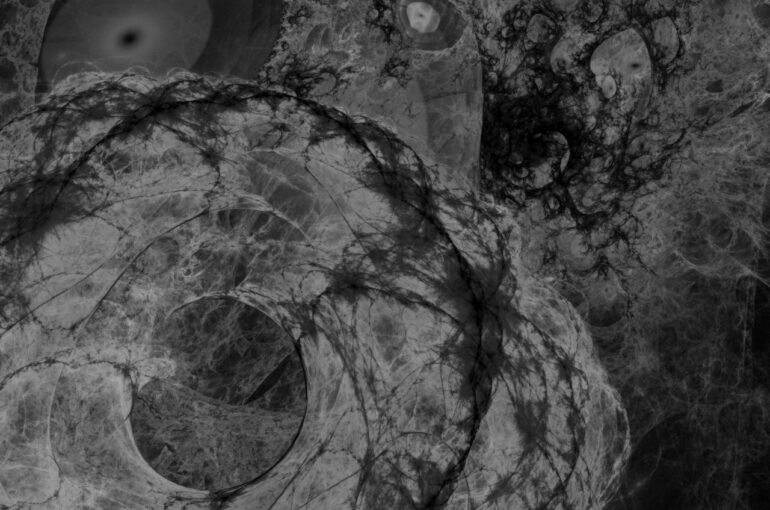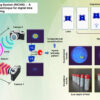Despite astrophysical evidence for the existence of dark matter, direct detection of its interaction with particles and fields of the standard model has not been achieved. Illuminating dark matter is the best hope of making progress in understanding the universe and would provide insights into astrophysics, cosmology and physics beyond the standard model.
Ultralight axion-like particles (ALP) and dark photons are well-motivated dark matter candidates introduced by theories beyond the standard model of particle physics. However, directly constraining their parameter space with laboratory experiments usually yields weaker limits than indirect approaches relying on astrophysical observations.
In a study published in Nature Physics, the research team led by Prof. PENG Xinhua from University of Science and Technology of China (USTC) of the Chinese Academy of Sciences, collaborating with Prof. Dmitry Budker from Helmholtz Institution, first demonstrated a new quantum technique called “spin-based amplifier” that amplified the ALP signal by at least two orders of magnitude. The spin-based amplifier technique provides a unique way to realize ultrahigh precision search for axion-like particles and dark photons, exceeding bounds from astrophysical observations.
Axion-like particles could form an exotic magnetic field oscillating at its Compton frequency on the nucleus. In this study, the researchers used a vapor cell containing spatial overlapping xenon-129 and rubidium-87 spin ensembles.
They found that the nuclear spins of xenon can act as a pre-amplifier for the exotic magnetic field generated by dark matter, and rubidium magnetometer further reads out the amplified signal. They showcased the capability of the spin-based amplifier to surpass the photon-shot-noise limit of the rubidium magnetometer itself, approaching the spin-projection-noise limit of the latter. This technique has a significantly better performance than that of other magnetometers demonstrated with nuclear spins, which are limited to sensitivity of a few picotesla.
Based on the ultra-sensitive spin-based amplifier, the researchers conducted experimental searches for axion-like particles and dark photons. They found no evidence of the existence of dark matter in the search area, and probed the axion–nucleus coupling down to values below the established astrophysical constraints.
In spite of the negative outcome that is no sign of the mysterious axionlike particles and dark photons, the result demonstrated the experimental potential of tabletop experiments to explore the parameter space where they are most likely to be found.
More information:
Min Jiang et al, Search for axion-like dark matter with spin-based amplifiers, Nature Physics (2021). DOI: 10.1038/s41567-021-01392-z
Provided by
Chinese Academy of Sciences
Citation:
New spin amplifier accelerates search for dark matter (2021, December 13)



